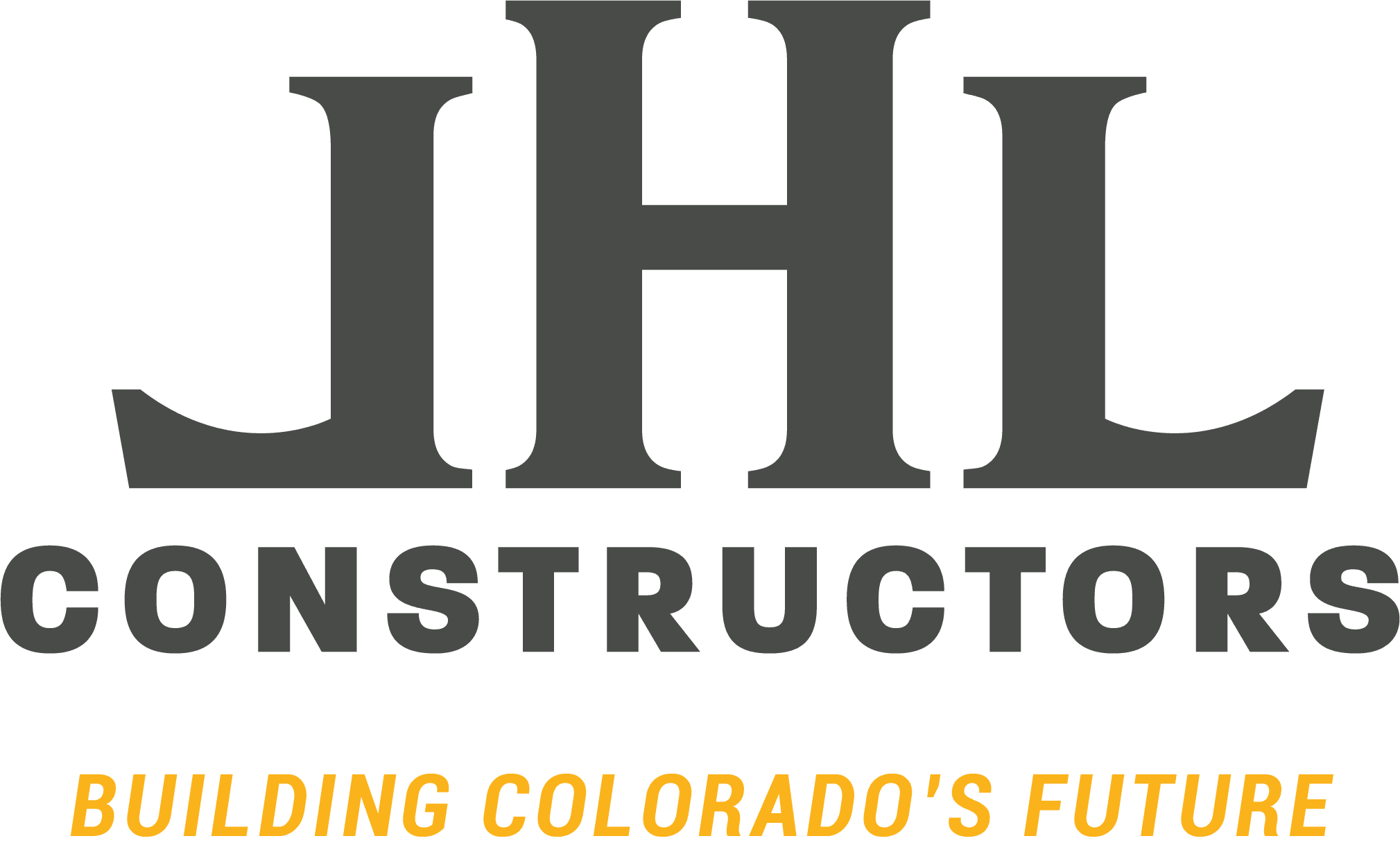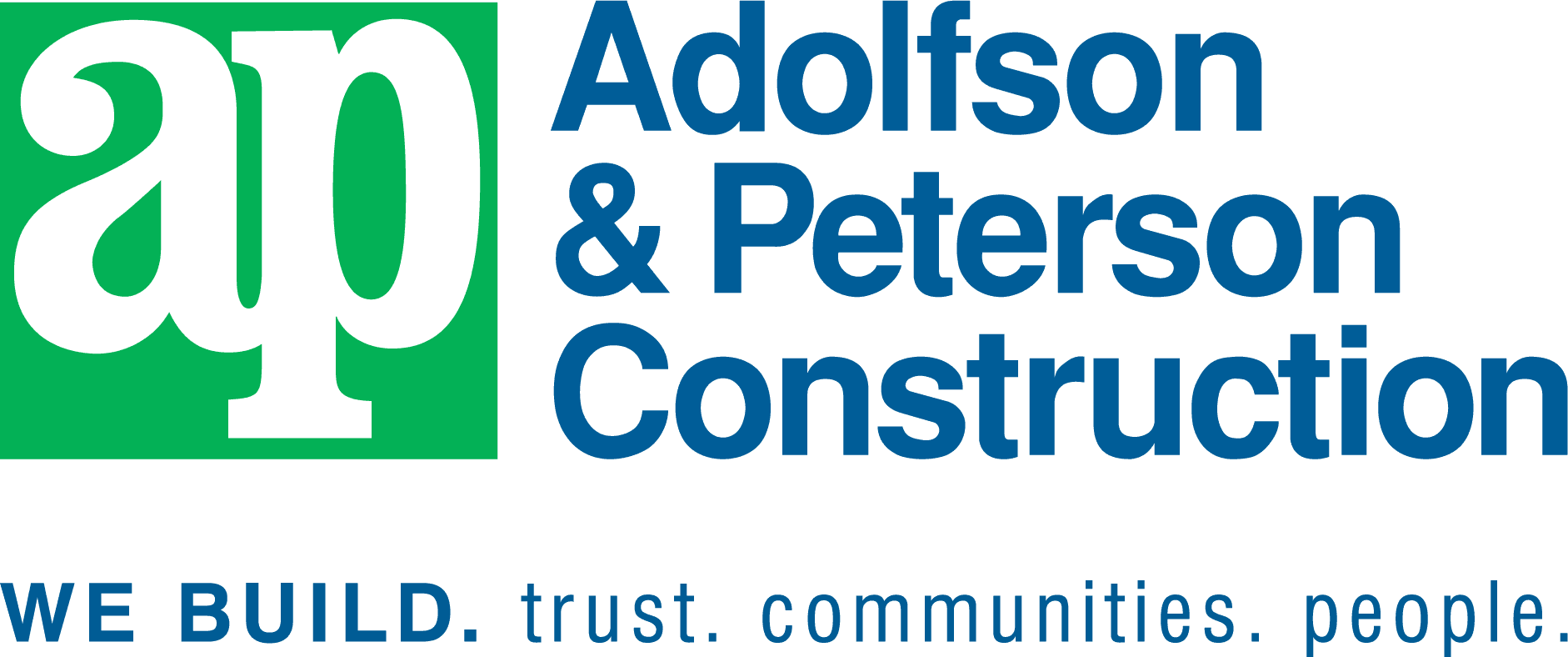Mini-robots open world of discovery for Dakota Valley students
The discovery came with the speed and electricity of a bolt of lightning.
"That's the sensor!" one of the first-graders in Beth Cohen's STEM class at Dakota Valley Elementary School exclaimed, pointing excitedly to the whirring, blinking and rolling set of plastic cubes that were moving across her desk. "It's an eye!"
Along with the rest of her classmates, the student was experimenting with a set of block-shaped robots called cubelets. Manufactured by Boulder-based Modular Robotics, the plastic bricks boast all the most basic properties of a real robot. The cubes come with lights, wheels and sensors. All of these features come together when the correct combination of the little plastic robots are assembled. A group of six cubelets with separate and distinct functions results in a working robot that can teach elementary school students all the basic properties behind the most complex kinds of electronic machines.
"These cubelets are amazing resources. As robotics, they do what a robot does, which is think, act and sense," said Cohen, who started incorporating the tools in her Science, Technology, Engineering and Math (STEM) curriculum last year. "I'm teaching children as young as kindergarteners that a robot is a lot different than a wind-up toy."
Cohen teaches that fundamental lesson to students of all ages with the cubelets, conveying basic lessons about magnetism to teaching fundamental lessons about the difference between inputs and outputs on a complicated piece of machinery. The cubelets have opened up curriculum regarding coding and circuit boards, thanks to real-word application and immediacy. It's a teaching tool with a wide-ranging and elastic set of uses, and Cohen is intent on using the little plastic blocks to their full potential.
Indeed, the tools have become a jumping-off point for students of all grades at Dakota Valley. What's more, Cohen has kicked off multiple special projects, including work with the district's Integrated Learning Programs and content writing with Modular Robotics, all based on the possibilities of the cubelets. The little robots have opened up a world of discovery for many of Cohen's students.
"I have a group of fifth-graders who are choosing to come into my classroom during their recess time and working at a 'lab table,'" Cohen said. "They do research on NASA's Mars Exploration and create robots that mimic the rovers in an environment which they create, based upon information they gather through fact-finding on Chromebooks computers."
This considerable educational framework came through the cubelets, and the cubelets came thanks to a $990 grant from the Cherry Creek Schools Foundation. The Foundation, which is dedicated to impacting all district students, investing in innovation in the classroom and building long-term relationships in the community, provided the money through its Educator Initiative Grants program.
That money has opened a new world for Cohen and her students. As Cohen's first-graders started exploring the miniature robots during a class session on March 9, the full potential of the tools was quickly apparent. In less than an hour, students progressed from making general observations that included references to Wall-E and other pop culture robots to specific observations about the scientific properties of the tools. The groups were intent on finding the robots' sensors, finding the correct combination of cubes to create a working robot and discussing properties like magnetism and battery power.
"I present the cubelets to the children, and I start them off small. I let them explore and discover," Cohen said. "The excitement that comes from discovery is magnificent … This is what learning is about – it's about creating wonder in children. We can do that through content, but there's nothing that compares to experiences."










































